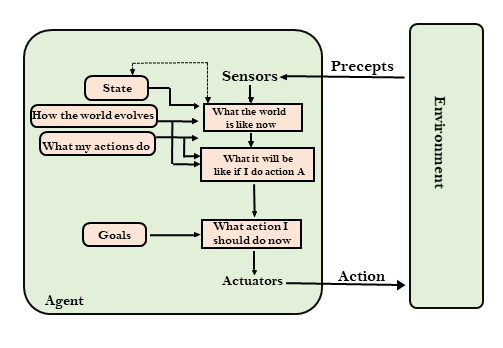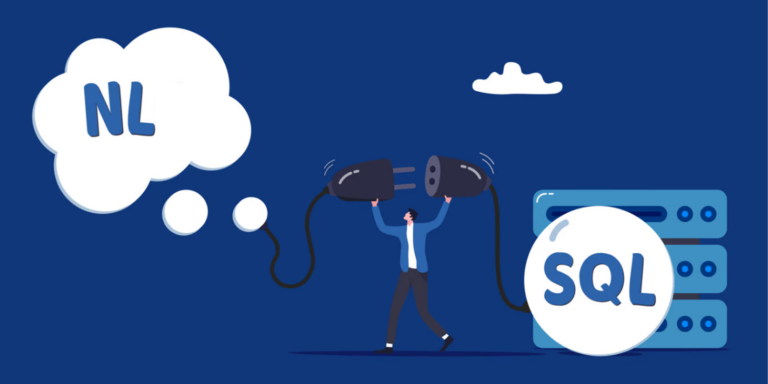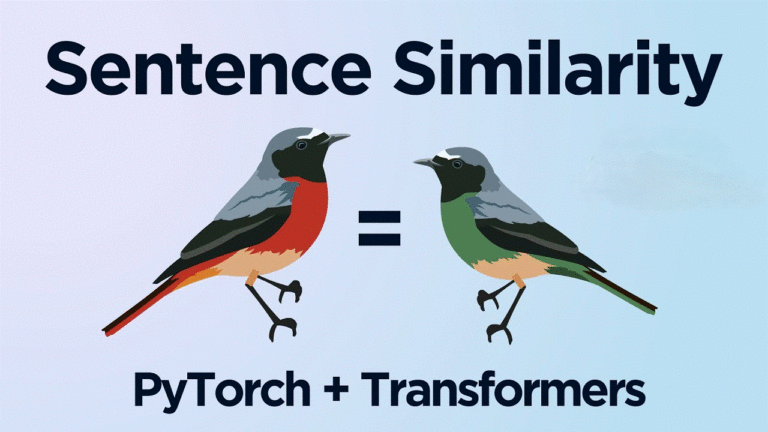The Dawn of Autonomous Intelligence: How Agentic AI is Reshaping the Tech Landscape
The technology industry is no stranger to disruption. From the advent of the internet to the mobile revolution, technological leaps have consistently reshaped how we live and work. Now, a new wave of innovation is cresting, promising to be as transformative as its predecessors: Agentic AI.
While traditional AI excels at specific tasks within defined parameters, Agentic AI goes further. It heralds the arrival of autonomous systems capable of learning, adapting, and acting independently to achieve complex goals. This paradigm shift has profound implications for nearly every facet of the technology industry, from software development and cybersecurity to data analysis and personalized user experiences.
What Exactly is Agentic AI?
Before delving into its impact, let’s define what we mean by Agentic AI. Unlike reactive AI, which responds to immediate inputs, Agentic AI possesses several key characteristics:
- Autonomy: Agentic AI can operate without constant human oversight, making decisions and taking actions based on its understanding of the environment and its goals.
- Learning and Adaptation: These systems continuously learn from their experiences, refining their strategies and improving their performance over time.
- Goal-Oriented Behavior: Agentic AI is designed to achieve specific objectives, breaking down complex tasks into smaller, manageable steps.
- Reasoning and Planning: They can reason about the world, plan for the future, and anticipate potential challenges.
These capabilities differentiate Agentic AI from more conventional AI systems, positioning it as a powerful force for change.
Transforming Core Technology Functions
The potential applications of Agentic AI across the technology industry are vast. Here are a few key areas where we can expect significant impact:
- Software Development: Agentic AI can automate many aspects of the software development lifecycle, from code generation and testing to bug detection and resolution. Imagine AI agents collaborating with human developers, accelerating the development process and improving software quality [Source: example.com/agentic-ai-tech]. This could lead to faster release cycles, reduced development costs, and more innovative software solutions.
- Cybersecurity: In the ever-evolving landscape of cyber threats, Agentic AI can provide a critical advantage. Autonomous security agents can proactively identify and respond to threats in real-time, adapting to new attack vectors and mitigating potential damage before human intervention is even possible. This offers a much-needed layer of protection against sophisticated and rapidly evolving cyberattacks.
- Data Analysis: The volume of data generated today is overwhelming. Agentic AI can sift through massive datasets, identify patterns, and extract valuable insights that would be impossible for humans to uncover manually. This can drive better decision-making, improve business processes, and unlock new opportunities for innovation.
- Personalized Experiences: Agentic AI can personalize user experiences on an unprecedented scale. By understanding individual preferences and behaviors, these systems can tailor content, recommendations, and interactions to meet each user’s unique needs. This leads to more engaging and satisfying user experiences, fostering customer loyalty and driving business growth.
- Intelligent Automation: Agentic AI powers a new generation of intelligent automation solutions. From robotic process automation (RPA) to autonomous vehicles, these systems can automate complex tasks and processes that previously required human intervention. This frees up human workers to focus on more creative and strategic activities.
- Advanced Robotics: Agentic AI is the key to unlocking the full potential of advanced robotics. By enabling robots to perceive their environment, make decisions, and act autonomously, Agentic AI can transform industries such as manufacturing, logistics, and healthcare.
Driving Innovation and Facing the Challenges
Agentic AI is not just about automating existing tasks; it’s about driving innovation and creating new possibilities. It allows us to tackle problems that were previously considered intractable, develop new products and services, and reimagine how we interact with technology [Source: example.com/agentic-ai-innovation].
However, the widespread adoption of Agentic AI also presents several challenges:
- Ethical Considerations: As AI systems become more autonomous, it is crucial to address the ethical implications of their actions. We need to ensure that Agentic AI is used responsibly and in accordance with human values.
- Bias and Fairness: AI systems can inherit biases from the data they are trained on. It is essential to develop techniques for mitigating bias and ensuring that Agentic AI systems are fair and equitable.
- Security Risks: Autonomous AI systems can be vulnerable to hacking and manipulation. We need to develop robust security measures to protect Agentic AI systems from malicious actors.
- Job Displacement: The automation potential of Agentic AI raises concerns about job displacement. We need to prepare for the changing nature of work and invest in education and training programs to help workers adapt to the new economy.
- Explainability and Transparency: Understanding how Agentic AI systems make decisions can be challenging. We need to develop techniques for making AI more transparent and explainable so that humans can trust and understand its actions.
Conclusion: Embracing the Future of Autonomous Intelligence
Agentic AI is poised to reshape the technology industry in profound ways. By enabling autonomous systems that can learn, adapt, and act independently, it opens up new possibilities for innovation, efficiency, and personalization.
While challenges remain, the potential benefits of Agentic AI are too significant to ignore. By embracing this new technology and addressing its ethical and societal implications, we can unlock its full potential and create a future where AI empowers humans to achieve more than ever before.
Key Takeaways:
- Agentic AI represents a significant advancement over traditional AI, enabling autonomous systems with learning, adaptation, and goal-oriented behavior.
- The technology industry will be significantly impacted in areas like software development, cybersecurity, data analysis, and personalized experiences.
- Agentic AI drives innovation by tackling previously intractable problems and creating new possibilities.
- Ethical considerations, bias and fairness, security risks, job displacement, and the need for transparency are key challenges that must be addressed.
- Embracing Agentic AI responsibly is crucial for unlocking its full potential and shaping a future where AI empowers humanity.







